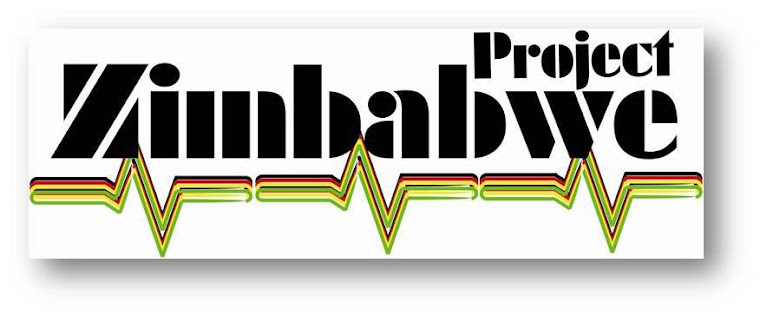Overall Rating: 3/5
As Sachs has spent many years working for the World Bank and the forward of his latest book was by Bono, I was very sceptical of this book. However, I found the first half of this book interesting. It described the history of global economics, why countries have developed at different rates and there were case studies of economic reforms in India, China, Poland and Hungary. Although the case studies were economically interesting and very readable, I felt the name dropping and Sachs ego got a little tiring after a while.
The concept I liked most in this book was how Sachs used a ‘clinical diagnosis’ of economic difficulties that countries faced which took into account geography, politics and health. This also highlighted the importance of individual countries developing their own policies for development, and not having a one size fits all policy forced upon them from the World Bank or IMF. I think this is a conclusion that most people who work within the World Bank soon realise, but often too late.
I was less impressed with the second half of the book which aimed to describe how to end poverty. The answer was to increase funding from developing countries, written in detail for too many pages. Although this may be beneficial, I expected more innovation and creativity by a World Renowned Economic Professor. After finishing the book, I felt he had wasted his time writing the second half. This perhaps demonstrates that there are no quick fixes to problems as complex as poverty but surely one of the most influential people in the world could have come up with a better idea than simply giving more money?
Overall Rating 4/5
I read this book after attending a book launch by the author. He made a lively and interesting presentation and I was looking forward to reading his book. I was not disappointed. The nature of this book is clearly in the title. It is an inspiring book, with examples of where active citizens and effective states have positive outcomes in laws, human rights, development and poverty. It was well researched by Duncan Green, who is a researcher for Oxfam, and had more tangible and practical ideas from Southern countries compared to Jeffery Sachs book. I really liked the examples of active citizens scattered in the book, and it surprised and pleased me how a group of people, who are uneducated, poor and often discriminated against, can get together and really change things. To me this really demonstrated empowerment. I recommend this book to students who are interested in development in the wider context of social and environmental injustices faced by people in poverty.
2 comments:
Hi,
My name is Annie Smith and I am the assistant editor of Medicalschool.org. I am contacting you today in hopes of developing a relationship with your website; we have seen your site and think your content is great. Medicalschool.org is a purely informational site dedicated to the general Public.
I hope you show some interest in building relationship, please contact me at annie.medicalschool.org@gmail.com.
@ Annie, Thank-you so much for visiting our website, we would be very interested in seeing how we may be able to build a relationship with your organisation and will get in touch as soon as possible.
Post a Comment